KUALA LUMPUR, July 22 – Malaysia’s shipping industry navigated cautiously in the first half of 2025, as industry players assessed market conditions and challenges, operating in a complex environment that demanded a measured and deliberate strategy.
Ongoing talks between Petroliam Nasional Bhd (Petronas) and Petroleum Sarawak Bhd (Petros), relatively stagnant freight rates, and geopolitical tensions affecting maritime routes dominated the sector.
However, it was encouraging to note that ports performed well, recording increased cargo volumes.
Malaysia Shipowners’ Association (MASA) chairman Mohamed Safwan Othman said that while the impact of the United States’ reciprocal tariff rate, set to take effect on Aug 1, was minimal on industry players, the sector continued to monitor potential medium-term consequences depending on decisions after the 90-day pause.
He added that domestic activity remained slow, with close attention paid to the ongoing negotiations between national oil company Petronas, and Petros, which had dragged on for more than two years.
“Prolonged issues have resulted in lower demand in the Oil Support Vessel market in our domestic waters. However, Petronas and TNB Fuel Sdn Bhd have awarded long-term vessel provision and contract of affreightment contracts respectively this year. Malaysian shipowners were the majority recipients of both contracts,” he told Bernama when contacted.
Mohamed Safwan said other shipping segments were broadly neutral, with freight rates remaining largely stagnant over the past six months.
Geopolitics, Freight Routes and Environmental Targets
On geopolitical tensions affecting major maritime routes, Mohamed Safwan said that apart from a few global players such as MISC Bhd, most Malaysian shipping operators focused on the regional market, expanding east to China and west to India.
“In terms of cost, delays in key maritime routes such as the Suez Canal and the Strait of Hormuz have increased the dependence on ASEAN vessels operating within the region. This has led to an uptick in charter rates,” he said.
He noted that Southeast Asia remained relatively stable, with routing largely unaffected. However, delays were expected in the transhipment of cargo intended for Malaysian consumption.
On the International Maritime Organisation (IMO) decarbonisation targets, Mohamed Safwan said MASA members were well aware of the regulations, but the shift towards decarbonisation required significant effort and substantial funding.
“Regarding the new targets outlined in the IMO net-zero greenhouse gas emissions Strategy 2050, MASA members are currently evaluating options that have yet to be finalised.
“The global maritime industry continues to debate current solutions at the IMO. For us, Malaysian shipowners are focusing on improving efficiency within existing regulations.
“This is also because most Malaysian vessels are ageing, and any refleetings must consider new alternatives such as alternative fuel or dual-fuel ships,” he added.
On the outlook, he said that instabilities arising from geopolitical tensions had prompted industry players to capture increased demand from rerouted cargo movements.
“Key risks remain, particularly the escalating tensions between global powers closer to home, such as the rift between China and the US and Taiwan’s position, which has heightened regional uncertainty.
“These issues affect freedom of movement and stability in Southeast Asia,” he added.
Regional Shipping and ASEAN 2045 Vision
Transport Minister Anthony Loke Siew Fook recently expressed hope that ongoing negotiations with the United States government, ahead of the potential imposition of a 25 per cent tariff on Malaysia from Aug 1, would help mitigate the impact on the maritime industry and preserve its competitiveness.
He said the maritime sector was currently performing well, buoyed by increased trade volumes at ports operated by MMC Corporation Bhd and Westports Holdings Bhd.
Maritime analyst Nazery Khalid said the sector, which facilitates the bulk of trade among ASEAN members and between ASEAN and other regions, plays a critical role.
“The goal of boosting regional connectivity and trade in Southeast Asia to make it a global economic powerhouse cannot be achieved without adequate port infrastructure, efficient logistics, strong intra- and inter-regional connectivity, and robust shipping services,” he added.
He also stressed the importance of a facilitative regulatory environment, investment incentives, digital and physical infrastructure, and alignment with international standards across the maritime supply chain.
“Sustainability, climate change, competition, intellectual property, consumer protection and taxation must be addressed to ensure cargo moves seamlessly, efficiently, securely and sustainably, while maintaining cost competitiveness and profitability for ports, shipping lines, logistics providers and other stakeholders,” he said.
Nazery cautioned that while Southeast Asia already had many success factors in place, more improvements were needed at both national and regional levels.
“For ASEAN 2045 to meet its vision of becoming a globally competitive economic region, the region’s ports, some of which already rank among the world’s best, must not be complacent. They must continue to improve their capacity, efficiency, productivity and service delivery.
‘ASEAN 2045: Our Shared Future’ is the successor to ‘ASEAN 2025: Forging Ahead Together’, and will serve as a long-term strategic blueprint for the region over the next two decades.
He said ASEAN member states must continue investing in trade, transport and digital infrastructure amid rising competition from other regions. This is needed to attract cargo, foreign investment, and global shipping lines.
“Seaports act as vital trade gateways and facilitators of regional growth. The logistics services supporting port operations and regional trade are critical to Southeast Asia’s integration into the global supply chain,” Nazery concluded.

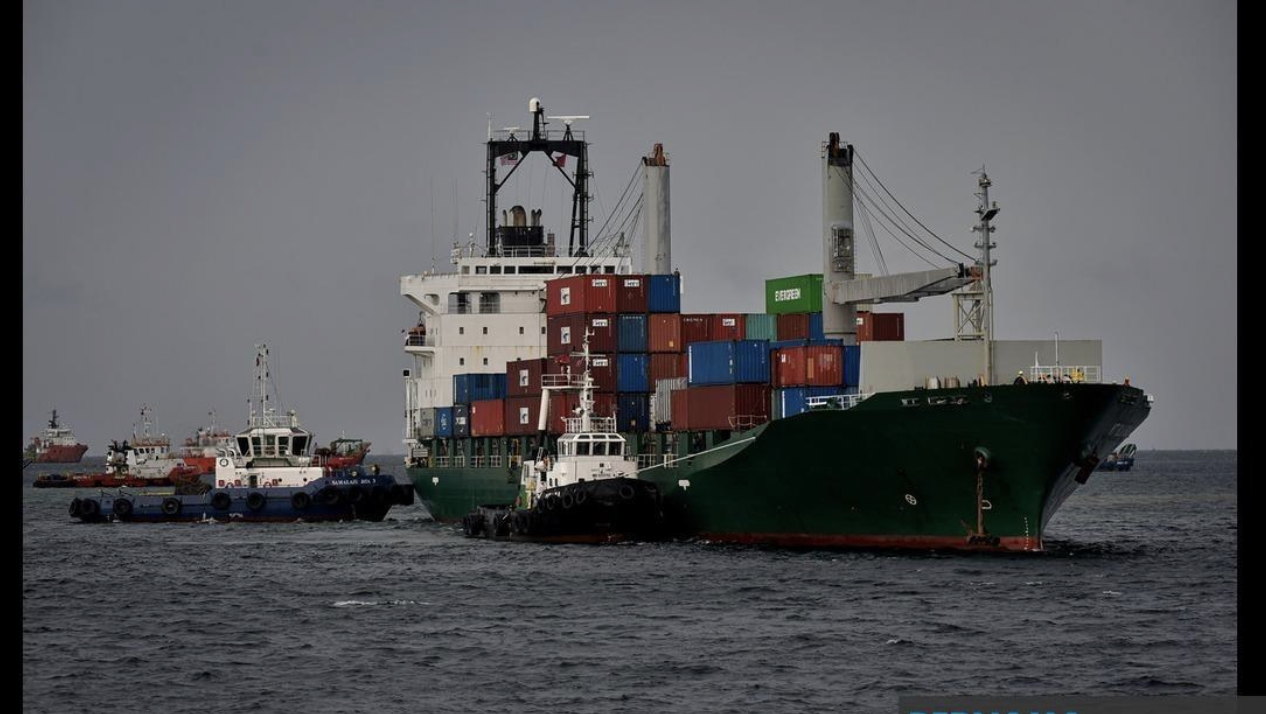









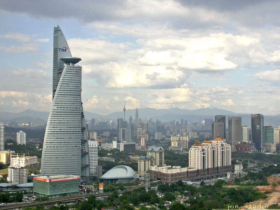


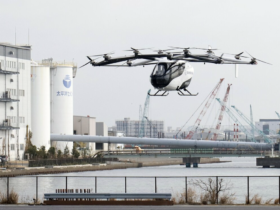


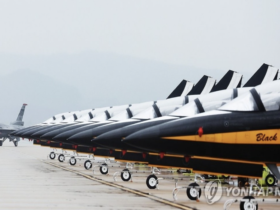

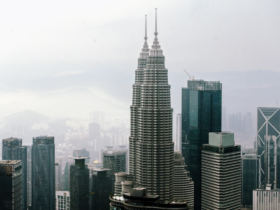

Leave a Reply